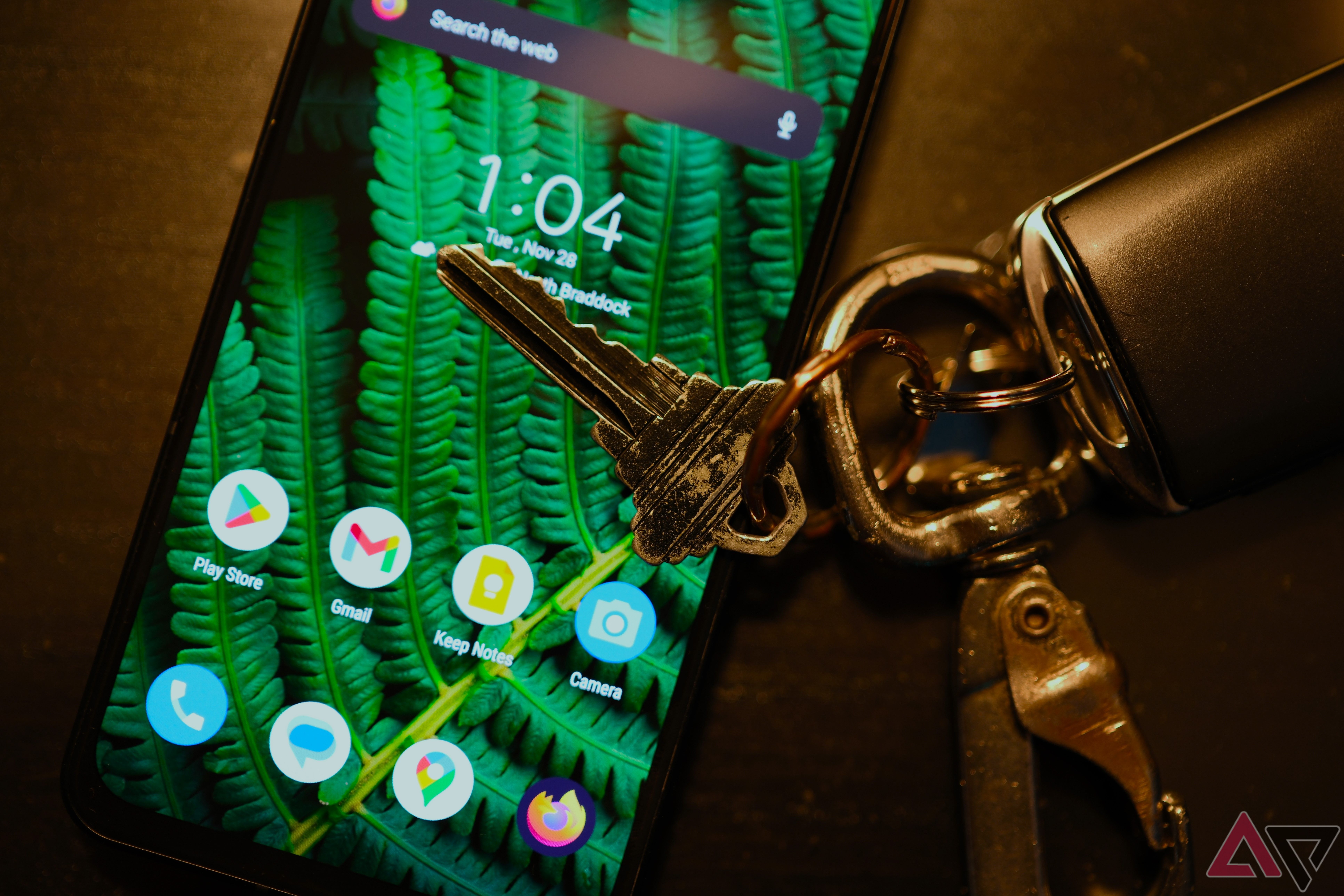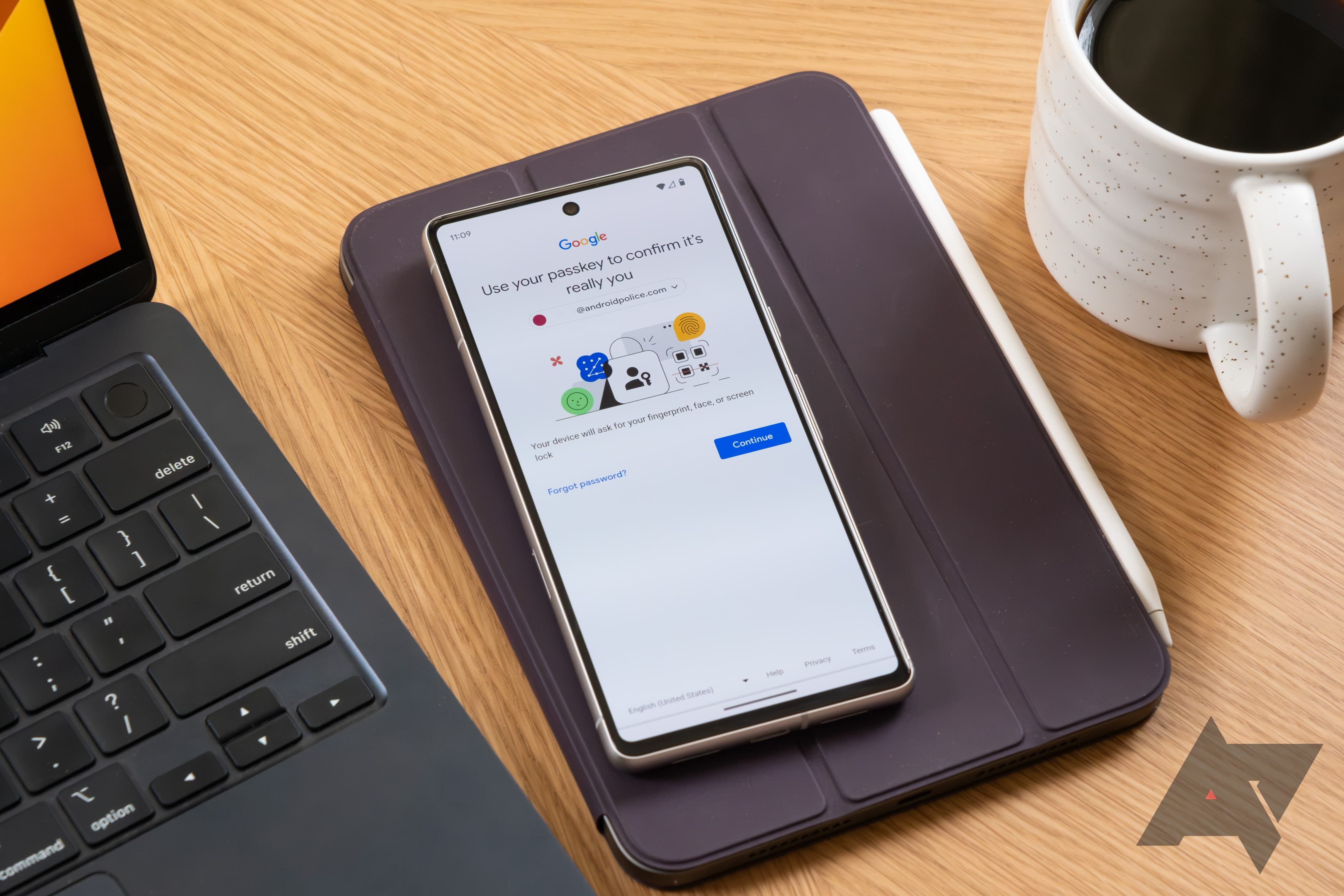Summary
- Passkeys are replacing passwords on major sites like eBay and Uber, providing faster and more secure authentication.
- Google has facilitated over one billion passkey-based authentications and is expanding partnerships for Cross-Account Protection.
- The passwordless future is gaining traction due to the FIDO Alliance, Apple, and Microsoft’s involvement in promoting passkeys.
Passwords are kind of a hassle. Every site wants you to create an account and a password. But it has to be a different password because if any sites on which you reuse a password get hacked, it exposes every other account that used that password. You could opt for a password manager, but even that can be more hoops than you want to jump through, especially if you’re not smartphone savvy. Thankfully, there is a new solution that’s been percolating through the internet for the past two years called passkeys, and it’s already been used an astonishing number of times.

What is a passkey, and how is it different from a password?
Passkeys and their speedy encryption are already starting to replace passwords: Here are the big differences
It looks like passkeys are the future
A blog post shared by Google says that it has facilitated over one billion passkey-based authentications across over 400 million Google accounts. If you use sites like eBay, PayPal, or WhatsApp, you may have already used a passkey, a passwordless authentication system that uses a cryptographic key on your phone to verify your identity when you’re logging in to a site. And if you use Amazon, Shopify, or Mercari, you may be using one soon. Heck, even password managers like Dashlane and 1Password are using them.
Passkeys are the brainchild of the FIDO Alliance, an industry organization working to reduce the internet’s reliance on passwords. The passkey’s first big introduction to the world came in 2022 when Apple showed it off at its Worldwide Developers Conference. It didn’t take long for it to blow up, with major sites like eBay and Uber integrating passkeys early on. And given that Apple and Microsoft are also big players when it comes to passkeys, the true number of passkey authentications is likely much more than one billion.
In addition, Google says it’s expanding its Cross-Account Protection partnerships. Cross-Account Protection is a service provided by Google to other online services that rely on Google to authenticate sign-ins. If your Google account gets hacked, Google will send a notification to participating services, which could prevent automatic sign-ins or account recovery attempts. Google is also expanding its use of passkeys in its Advanced Protection Program for individuals at a high risk of being targeted for a cyberattack. Previously, people in the Advanced Protection Program were required to use hardware tokens as a security factor, but going forward, anyone enrolled will be able to use a passkey instead.

Google passkeys will replace passwords — here’s how to set them up
Passkeys are faster, stronger, and more protected than passwords. Here’s why they’re the future of personal login security
I, for one, welcome our cryptographic overlords
The passwordless future can’t come soon enough. The rate of cyberattacks is only going up, and there aren’t many downsides to digital cryptographic authentication becoming more widespread.





